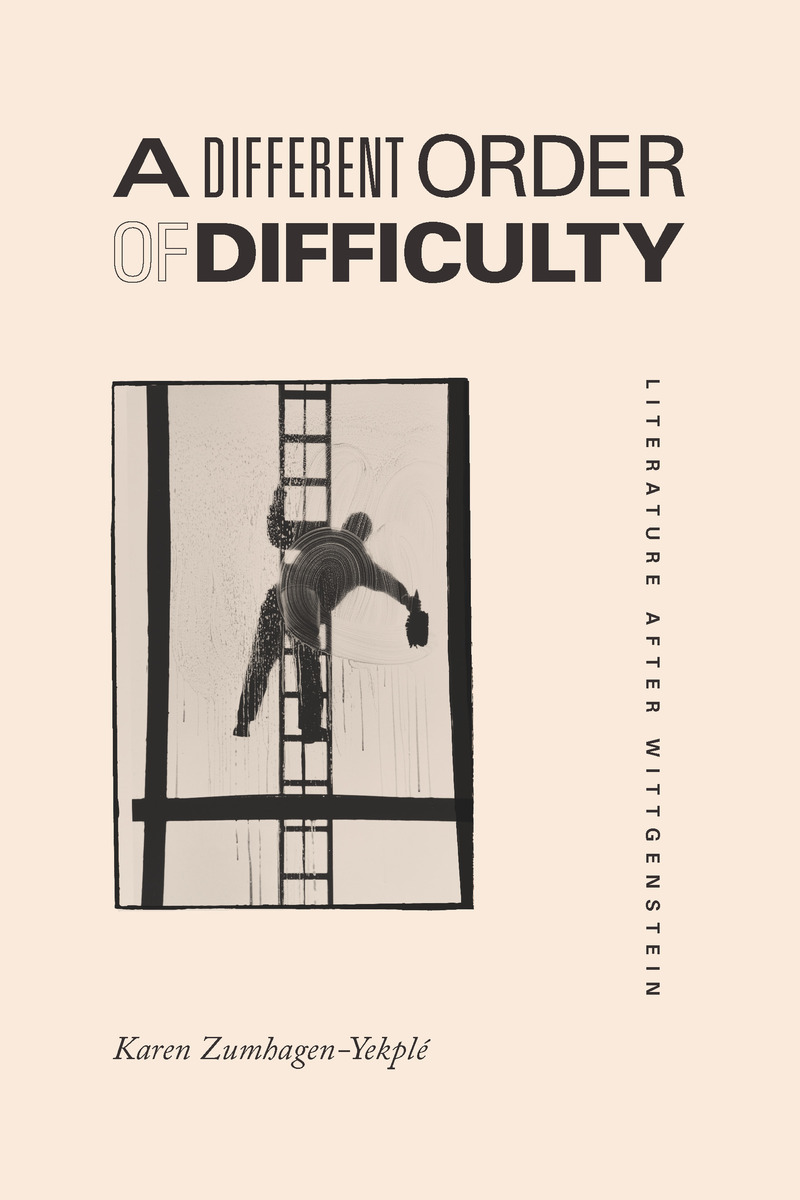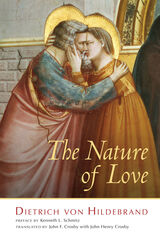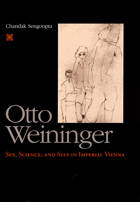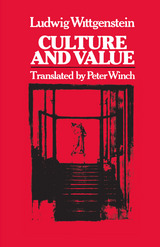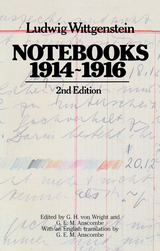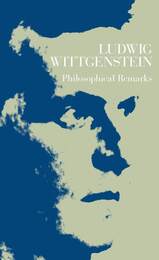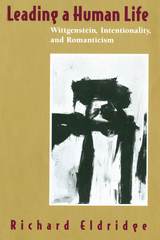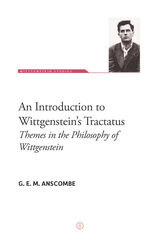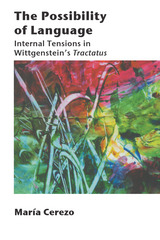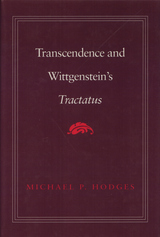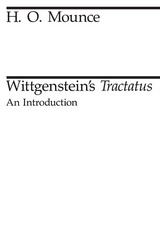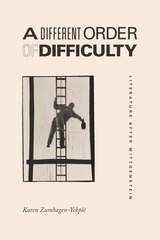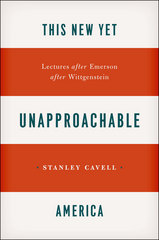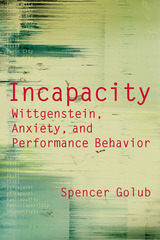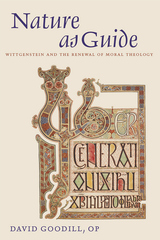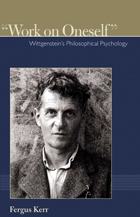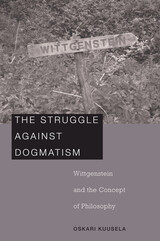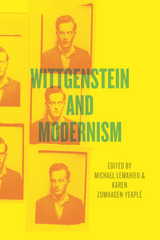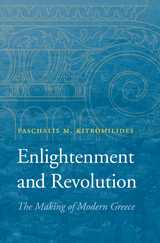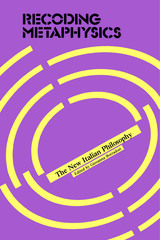“Zumhagen-Yekplé’s innovative study connects a great theme of modernist literary works, that of difficulty, with Wittgenstein’s understanding of philosophy and the kinds of difficulty that it presents. A Different Order of Difficulty is enormously illuminating in the connections it makes between philosophical and literary questions—questions that are central in literary modernism and in Wittgenstein’s thought.”
— Cora Diamond, University of Virginia
“A Different Order of Difficulty takes the very best in Wittgenstein and applies it expertly, astutely, and with impressive clarity to Woolf, Joyce, Kafka, and Coetzee. The results are both illuminating and inspiring. Instead of being mere vehicles for the transmission of ideas, modernist fictions become events, experiences, instruments of personal transformation; their opacity sets us challenges which can only be met if we change our fundamental attitude to ourselves and to the world. This is an important book, one which will, I hope, shape thinking on modernist fiction—and on Wittgenstein—for years to come.”
— Joshua Landy, Stanford University
“What struck me as particularly wonderful about Karen Zumhagen-Yekplé’s new book, A Different Order of Difficulty: Literature after Wittgenstein, was how seriously it takes those promises [of intellectual expansion and the aesthetic enrichment of a daily life] and how earnestly it analyzes the contributions of literature and philosophy to what I want, without irony, to call a practical education. There are not, in fact, many books I know of that put the question of humanistic study’s usefulness quite so boldly or quite so baldly. . . . What Zumhagen-Yekplé is after here is not just an interrogation of how literature can be relevant or 'useful' but, more radically, what the idea of relevance or usefulness can be in the first place. This is why I frame her book in terms of practical education: she is helping us see that what is concretely useful about studying literature is how it expands that very category and shows us ways of finding meaning, wonder, and even transformation in what otherwise looks like opacity, mundanity, and, most broadly, difficulty.”
— John Lurz, Los Angeles Review of Books
“Karen Zumhagen-Yekplé’s thought-provoking A Different Order of Difficulty: Literature after Wittgenstein joins a burgeoning body of scholarship on Ludwig Wittgenstein’s relationship to modernism. A study at the boundary of literary studies and philosophy, it explores both the literary qualities of Wittgenstein’s philosophy and the philosophical implications of modernist literature. . . . A Different Order of Difficulty provides a compelling and superbly argued account of the synergies between Wittgenstein’s philosophy and modernist literature, showing that the difficulty of modernism requires an imaginative engagement with literature and philosophy deeply connected with ethical transformation.”
— Michael McGillen, German Studies Review
“A Different Order of Difficulty makes an important and original contribution to modernist studies by engaging with the thought of Ludwig Wittgenstein, particularly his Tractatus Logico-Philosphicus. . . . Perhaps fittingly, given her title—drawn from the Ithaca chapter of Joyce's Ulysses (1922)—Zumhagen-Yekplé's interdisciplinary approach demands a lot from readers. Yet, as in many of the modernist touchstones she analyzes, the challenges presented by her book are more than justified by the insights at which it arrives: A Different Order of Difficulty is powerfully argued, thoroughly researched, and at times deeply moving. . . . Zumhagen-Yekplé writes that 'difficult texts . . . are designed to train us by cultivating our mental and affective capacities.' A Different Order of Difficulty is itself a valuable addition to this project.”
— Greg Chase, Modernism/modernity
“One of the most valuable (and thrilling) aspects of Zumhagen-Yekplé’s work is the straightforward way she grants that literary texts have implications. Her analysis of fiction is not attentive to what the texts are about, but to what they may do.”
— Johanna Winant, Comparative Literature
“Zumhagen-Yekplé discusses Wittgenstein and the ways in which he can shed new light on literary criticism as well as affinities between Wittgenstein’s writing and the writing of modernist writers. The philosophical issues are not treated separately but are considered as being interrelated in that they are concerns shared by all of the authors discussed. . . . Zumhagen-Yekplé’s book helps to show us that difficult literature and difficult philosophy can provide us with understanding, bring about shifts in our perspective, and help us to live more fully.”
— Robert Vinten, Philosophical Investigations
“There are forms of difficulty that are also clarity. I learned a lot from Karen Zumhagen-Yekplé’s A Different Order of Difficulty on this topic. She says that certain things are difficult in the sense that they’re inviting you to work through something, or to be changed by something, or to go through a process. That kind of difficulty could actually be accompanied by clarity. Here she draws on Cora Diamond. For Diamond it’s reality, not prose, that’s difficult in the first place. You might need to subject yourself to a difficult reality—try to understand it or live with it, that is—and if the prose that results from your working-through is difficult, this isn’t an affectation; it’s a consequence of the subject matter.”
— Emily Ogden
